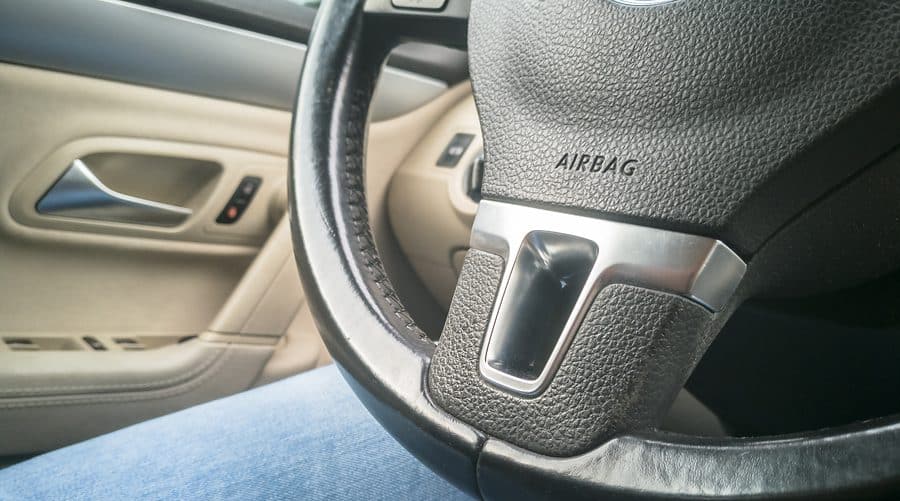Approximately sixteen years after company executives first knew there was a problem, manufacturers are still issuing vehicle recalls, and there are more to come.
In January 2019, Ford announced it was recalling nearly one million Edges, Rangers, Fusions. Mustangs, and other vehicles which contained Takata airbags. The propellant used in these airbags significantly increases the risk of airbag explosion and serious injury, even in relatively low-speed crashes. The recall officially begins on February 18. Ford says it has an ample number of spare parts and replacement inflators, so it can quickly handle all repairs. So far, of the fifty million defective airbags, only slightly more than half have been replaced, according to the National Highway Traffic Safety Administration.
The latest Ford recall is part of an additional wave of recalls which should total about ten million vehicles.
What’s Wrong with Takata Airbags?
Successful airbag deployment basically depends on an accurate sensor and the right kind of propellant. Ammonium nitrate, the chemical propellant Takata bagan using in the mid 1990s, arguably disrupts both these features.
Airbags should only deploy after high-speed collisions which involve a high risk of serious injury. In low-speed collisions, passenger seat belts may not tense up. So, a victim could be leaning toward the airbag when it explodes.
Contrary to popular myth, airbags do not always prevent injuries. In fact, they often cause injuries, like bruises and maybe even broken bones. Airbag designers believe that these injuries are much better than severe trauma wounds, and most car crash survivors would definitely agree. If airbags deploy in low-speed collisions, the injuries they cause may be even worse. And, the alternative is no passenger injury at all.
Ammonium nitrate liquifies if it’s exposed to even a little heat or moisture. This liquefaction disrupts the sensor. So, there is literally no telling when a Takata airbag might inflate.
Furthermore, ammonium nitrate is inherently unstable. NH4NO3 is basically the same chemical that’s found in roadside bombs. So, instead of rapidly inflating, the airbag may explode. That explosion sprays shrapnel throughout the passenger area. Bomb fragments like these cause extremely serious lacerations and significant blood loss. Victims may be on the edge of hypovolemic shock before first responders even arrive.
Defective Product Claims in New York
So, ammonium nitrate-based airbags are defective products. Manufacturers are strictly liable for damages in these cases. The victim need only establish a link between the product defect and actual injury.
These claims are a bit easier to win in New York than in some other states. Two of the legal loopholes that manufacturers use in other jurisdictions are unavailable in the Empire State. Decades ago, the New York Court of Appeals overruled the obscure privity of contract rule. So, even if you bought the vehicle used, you may have a claim against the manufacturer. Furthermore, New York judges use a different standard when evaluating expert witnesses. The Frye standard is a bit more victim-friendly than the more widely used Daubert standard.
Defective airbag victims may also have a claim against the vehicle manufacturer or vehicle seller. As outlined above, Takata airbags do not work like airbags are supposed to work. They suffer from a fundamental design flaw. The resulting breach of warranty may be actionable under New York law.
In a few cases, public nuisance might be a viable cause of action as well. In this context, a “nuisance” is not loud music or an incontinent animal. Rather, a nuisance is widespread injury which affects many people in roughly the same way. Nuisance claims have lots of moving parts, but there are some benefits as well.
Defective Takata airbag victims have multiple legal options. For a free consultation with an experienced personal injury attorney in New York, contact Napoli Shkolnik PLLC. We handle defective product and similar claims on a nationwide basis.
